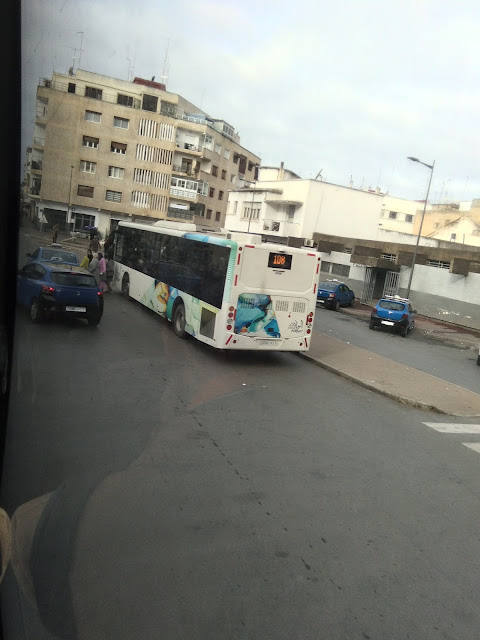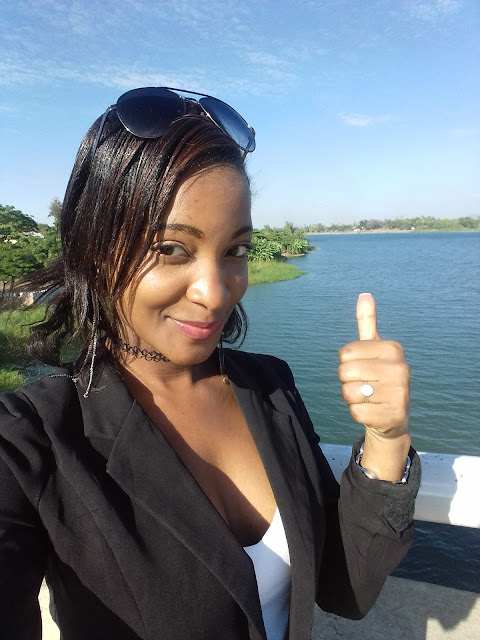CAREER OF THE WEEK-AN ATHLETE
Many people think athletic activities do not help one earn a living. They also wrongly think that an athlete does not require education to succeed, but those in this career believe otherwise. Athlete EMMANUEL MAGOMBO, sheds more light on his career.
Tell us more about yourself?
I was born at Kadewere Village in Traditional Authority Chikumbu in Mulanje. I am the first-born in a family of three children. I lost both parents when I was in standard three, hence, I encountered a lot of challenges to earn up a living. During weekends, I concentrated on piece- work (ganyu) for survival. I did my secondary school education up to form four and complemented my sporting courses at various institutions. I am appreciative of one Peter Channon for financing my driving lessons. In 2018, 1 got married to Esmie Kaunda and we have a child, Ipianah.
Who is an athlete?
He/she is one who takes part in different sporting activities, In fact, there are abundant athletic aspects that people are engaged in the world.
Which athletic discipline were you involved in?
Well, my area of skill was running. I have travelled far and wide to attend sporting competitions. In fact, I have challenged many athletes in Malawi and across Africa.
How was it like in your active career days?
I breathed a sigh of relief when Friends of Mulanje Orphans (Fomo), enrolled me at their orphanage. In 2009, I was assisted holistically. I received guidance and counselling and psychosocial support from my teachers. I started my athletic career when I was in Standard Seven. I had to break through my talent. I won many competitions at school, district as well as regional levels. I was sent to Sapitwa Athletic Club where I was trained by the likes of Teresa Master and Chancy Master who had been representing Malawi. Later, Fomo awarded me a scholarship which enabled me to study at Fomo Independence Secondary School from form one to form four. After writing form four examinations, I joined Brendan Rendall, a British, to run 4 500 kilometres from Namibia to Mozambique, that is from the Atlantic Ocean to the Indian Ocean. That was when people knew me as an athlete. At some point, I had an opportunity to participate in a marathon from Manchester to Liverpool in London, but it proved futile due to an injury. Later, I decided to join some stakeholders in helping thee needy. I was inspired by Maryo Woodworth who was assisting hundreds of orphans in Fomo's 13 centres.
How did you start supporting the needy?
After encountering numerous hurdles in my life, I ventured into entrepreneurship where I do small income generating activities. The aim is to support my family as well as other children who are in dire need of assistance. Children should realise that they have potential to put food on the table and become productive and responsible citizens.
Is there any entry point in athletics?
Not necessarily. However, education plays a significant role. For easy communication, at least having a Malawi School Certificate of Education with good grades in English is desirable. Of course, it is no longer uncommon to see people with degrees excelling in sports. Actually, there are many athletes that have secured academic scholarships through their involvement in different sporting disciplines.
Is being an athlete rewarding?
Well, it is, but sometimes it is seasonally. I have won many trophies and travelled far and wide. But, surely, there is a need to supplement income from sporting activities. I have toured three oceans. I am thankful to God that I am still energetic. Actually, there are many athletes that have secured academic scholarships through their involvement in different sporting disciplines.
What challenges are associated with this career?
I think the major one is failing to perform due to injury or illness. For a number of years, I did not participate in some competitions due to injury. When that happens, the comeback is usually not easy. Another challenge in our country, is lack of competitions. This situation weakens athletes as it takes away career motivation. There is also inadequate group and individual sponsorship to enable athletes have allowances for food, transport and accommodation especially when they are enlisted for competitions.
The physical demands, constant pressure to perform, and the sacrifices made—like time away from family and the toll on the body—can make it tough. However, the rewards, such as personal growth, the thrill of competition, and the joy of achieving goals, often outweigh the difficulties.
Your message to the youth?
I advise them to work with their schools' sports teachers in exploiting their potential. It is important for them to be determined and focused in what they want to achieve. They must be patient and eager to learn from role models.
TRAINING INSTITUTIONS
-University of Malawi (Unima)
-Domasi College of
Education (DCE)
-Sapitwa Sporting Club International
Universities.






Inspiring!
ReplyDeleteZamphavu kwambiri
ReplyDeleteThank you so much dear readers...
ReplyDelete